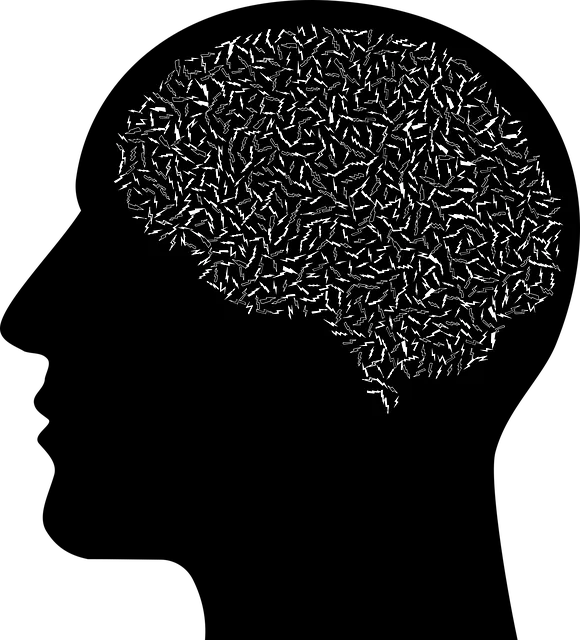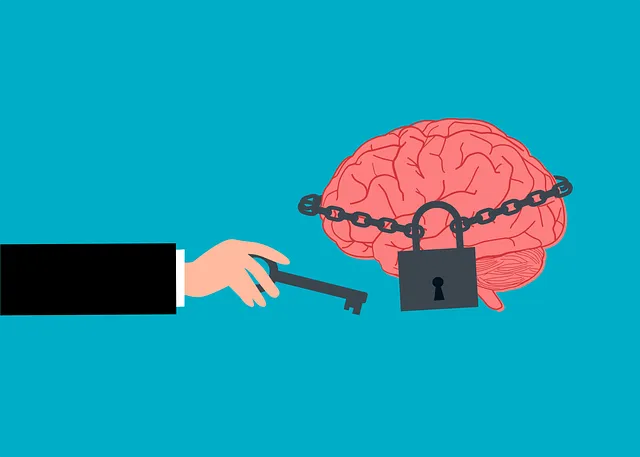The Golden Kaiser Permanente mental health department employs the RFM (Recovery, Flexibility, and Mastery) framework to build mental resilience through evidence-based practices like Self-Care and Compassion Cultivation. This structured process includes tailored interventions like social skills training and mindfulness routines, with positive thinking techniques and patient feedback for adjustments. Success is measured using data tracking and Mental Wellness Journaling Exercises, allowing for customized Self-Care Practices that address individual needs, fostering a culture of continuous well-being within the community.
“Uncover the power of Resilience-Focused Mindfulness (RFM) in transforming mental well-being, especially within the context of the renowned Kaiser Permanente Mental Health Department. This article explores how RFM exercises are becoming a golden standard for building resilience. We’ll guide you through an effective step-by-step implementation process tailored for Kaiser’s unique needs, ensuring its members thrive. Additionally, we’ll delve into measuring success with RFM techniques, offering valuable insights into the program’s impact.”
- Understanding RFM and Its Role in Resilience Building
- Implementing RFM Exercises: A Step-by-Step Guide for the Kaiser Permanente Mental Health Department
- Measuring Success: Tracking Progress and Outcomes with RFM Techniques
Understanding RFM and Its Role in Resilience Building

Resilience is a key factor in navigating life’s challenges and setbacks. This is where RFM (Recovery, Flexibility, and Mastery) steps in as a powerful framework. Originating from the Golden Kaiser Permanente mental health department, RFM focuses on fostering mental fortitude and adaptability. By integrating recovery strategies, cultivating flexibility in thought and action, and promoting a sense of mastery over one’s life, individuals can build resilience to overcome adversity.
This approach is not just theoretical; it empowers people with practical tools like Self-Care Practices and Compassion Cultivation Practices. These techniques, backed by extensive research, aid in managing stress, cultivating empathy, and enhancing emotional well-being. By embracing RFM principles, individuals can transform their lives, turning potential trauma into opportunities for growth and strength.
Implementing RFM Exercises: A Step-by-Step Guide for the Kaiser Permanente Mental Health Department

Implementing RFM (Resilience, Flexibility, and Mindfulness) exercises within the Kaiser Permanente mental health department is a structured process designed to enhance patient resilience and overall well-being. This step-by-step guide aims to support healthcare professionals in effectively integrating these practices into their care plans.
Commencing with an assessment of individual needs, therapists or caregivers can tailor RFM interventions. This may involve incorporating social skills training to foster connections and cultural sensitivity in mental healthcare practice, ensuring inclusive and understanding environments. Next, establishing a consistent routine with daily mindfulness exercises can improve patients’ ability to manage stress. Positive thinking techniques are then introduced, empowering individuals to reframe challenges and cultivate optimism. Throughout this process, regular feedback from patients is crucial, allowing for adjustments to ensure the effectiveness and relevance of the chosen RFM activities.
Measuring Success: Tracking Progress and Outcomes with RFM Techniques

Measuring success is a vital component when implementing RFM (Resilience, Flexibility, and Mindfulness) techniques within the mental health department, such as Kaiser Permanente. By tracking progress and outcomes, practitioners can gain valuable insights into the effectiveness of these exercises. This data-driven approach allows for continuous improvement in self-care practices and depression prevention strategies.
The Mental Wellness Journaling Exercise Guidance offered by organizations like Kaiser Permanente plays a crucial role in this process. By regularly documenting experiences and emotions, individuals participating in these programs can reflect on their mental health journeys. Such journaling can highlight areas of significant improvement or persistent challenges, guiding the customization of Self-Care Practices tailored to individual needs. This tailored approach ensures that resilience-building exercises remain relevant and impactful over time, fostering a culture of continuous well-being within the community.
The implementation of RFM exercises within the Kaiser Permanente Mental Health Department has proven to be a game-changer, fostering resilience and enhancing well-being. By combining structured routines with mindfulness, this approach offers a powerful tool for navigating life’s challenges. As demonstrated by the department’s success, adopting RFM techniques can significantly improve mental health outcomes, ensuring a brighter and more resilient future for its members. This innovative strategy is a testament to how accessible, evidence-based practices can revolutionize care, particularly in today’s digital era, where such initiatives can reach and impact a vast number of individuals, including the Kaiser Permanente mental health community.






